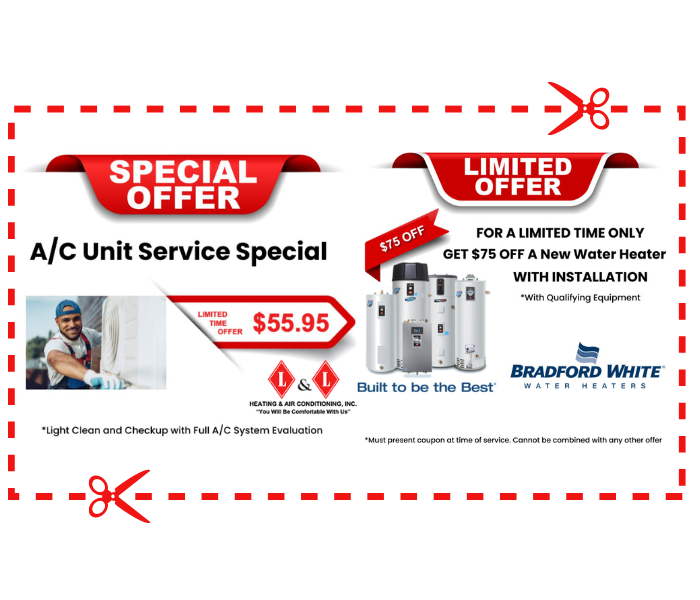Lesser-Known Indoor Air Quality Issues and What You Can Do
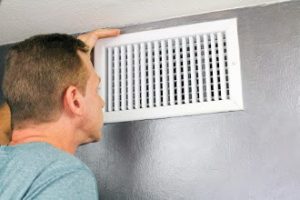 What affects indoor air quality? You already know pet fur, dust, and pollen can pollute your home’s interior environment. But these aren’t the only culprits. Take a look at the household products and other lesser-known indoor issues that impact the air your family breathes.
What affects indoor air quality? You already know pet fur, dust, and pollen can pollute your home’s interior environment. But these aren’t the only culprits. Take a look at the household products and other lesser-known indoor issues that impact the air your family breathes.
Volatile Organic Compounds
Volatile organic compounds (also known as VOCs) come from many commonly used products, such as some types of paint thinners, paints, lacquers, cleaning products, glues/adhesives, permanent markers, and pesticides. Even though these products are mostly liquids and solids, VOCs are emitted as gases.
According to the U.S. Environmental Protection Agency (EPA), concentrations of some types of VOCs are up to 10 times higher in indoor air over what is found outdoors. While this number may seem scary, you can take steps to reduce or even eliminate VOC exposure in your home. To clear the air:
- Choose products wisely. You have paint, crafting, and cleaning products options — and they don’t all include VOCs. Select products labeled low or no VOC to reduce the indoor air concentration.
- Use VOC–containing products outdoors. Safe use of VOC-containing products can reduce the likelihood of exposure. If possible, use paints and other similar products outdoors.
- Ventilate your home. An air purification system can help to reduce indoor pollutants and make your home a more comfortable space.
If you aren’t satisfied with the indoor air in your home, contact an HVAC specialist. The contractor can assess your indoor air needs and recommend a filter or system that works best for your family.
Wildfire Smoke
Do you live in a potential wildfire area? Any type of smoke, including cigarette smoke and fire-related smoke, can cause indoor air issues. Like other indoor air quality pollutants, you can reduce the risks of wildfire smoke. The top ways to lower or eliminate smoke issues include:
- Turn the HVAC system to recirculate. Instead of drawing smoky air in from the outdoors, close you HVAC system’s fresh air intake and turn it to recirculate mode (depending on your home’s furnace/air conditioner model).
- Upgrade the HVAC system’s filter. The EPA suggests using a MERV 13 or higher rate filter if possible.
- Don’t use window air conditioners. Unlike your home’s HVAC system, window units don’t have a recirculate mode.
After the wildfire is over, you may still need to follow these steps. If your indoor air suffers longer lasting effects, an HVAC contractor can help you to find a better filtration option.
Bacteria and Viruses
Is someone in your home sick? The common cold, the flu, and other germs can recirculate through your home’s HVAC system and spread the illness. Reduce this risk and keep your family healthy with:
- Humidity control. A whole-home humidifier can change the level of moisture in the air. According a 2013 study, a higher humidity level may decrease the effectiveness of the flu virus.
- An air purifier. Again, a whole-home approach (like with a humidifier) provides the maximum protection. A purifier filters out viral and bacterial particles, potentially reducing the spread of illness.
- A new air filter. An old or clogged air filter won’t do much to trap microorganisms. Change the filter or (if it’s reusable) clean it.
- An upgraded filter. A clean filter with a low MERV rating may not do much to stop viral or bacterial particles. Choose a HEPA filter or one with a MERV rating of or near 13. These filters do the most to remove biological pollutants.
What affects indoor air quality? You already know pet fur, dust, and pollen can pollute your home’s interior environment. But these aren’t the only culprits. Take a look at the household products and other lesser-known indoor issues that impact the air your family breathes.
If you’re not sure where your HVAC system’s filter is, when it was last changed, or what type of replacement you need, ask a professional. The HVAC contractor can show you where the filter is and help you to replace it during pre- or post-season maintenance.
Do you need a new air filtration system or help with your furnace or air conditioner’s filter? Contact L & L Heating & Air Conditioning for more information.
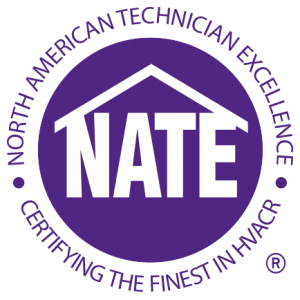

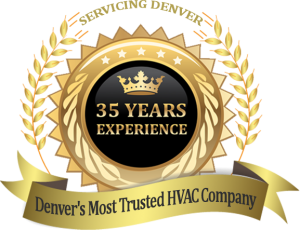

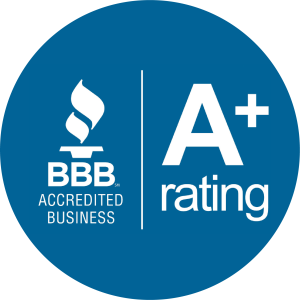
Proudly Serving These Great Communities
Aurora
Castle Pines
Castle Rock
Centennial
Cottonwood
Denver
Elizabeth
Englewood
Foxfield
Franktown
Glendale
Grant
Greenwood Village
Highlands Ranch
Lakewood
Larkspur
Littleton
Lone Tree
Parker
Roxborough Park
Sedalia
Stone Gate


